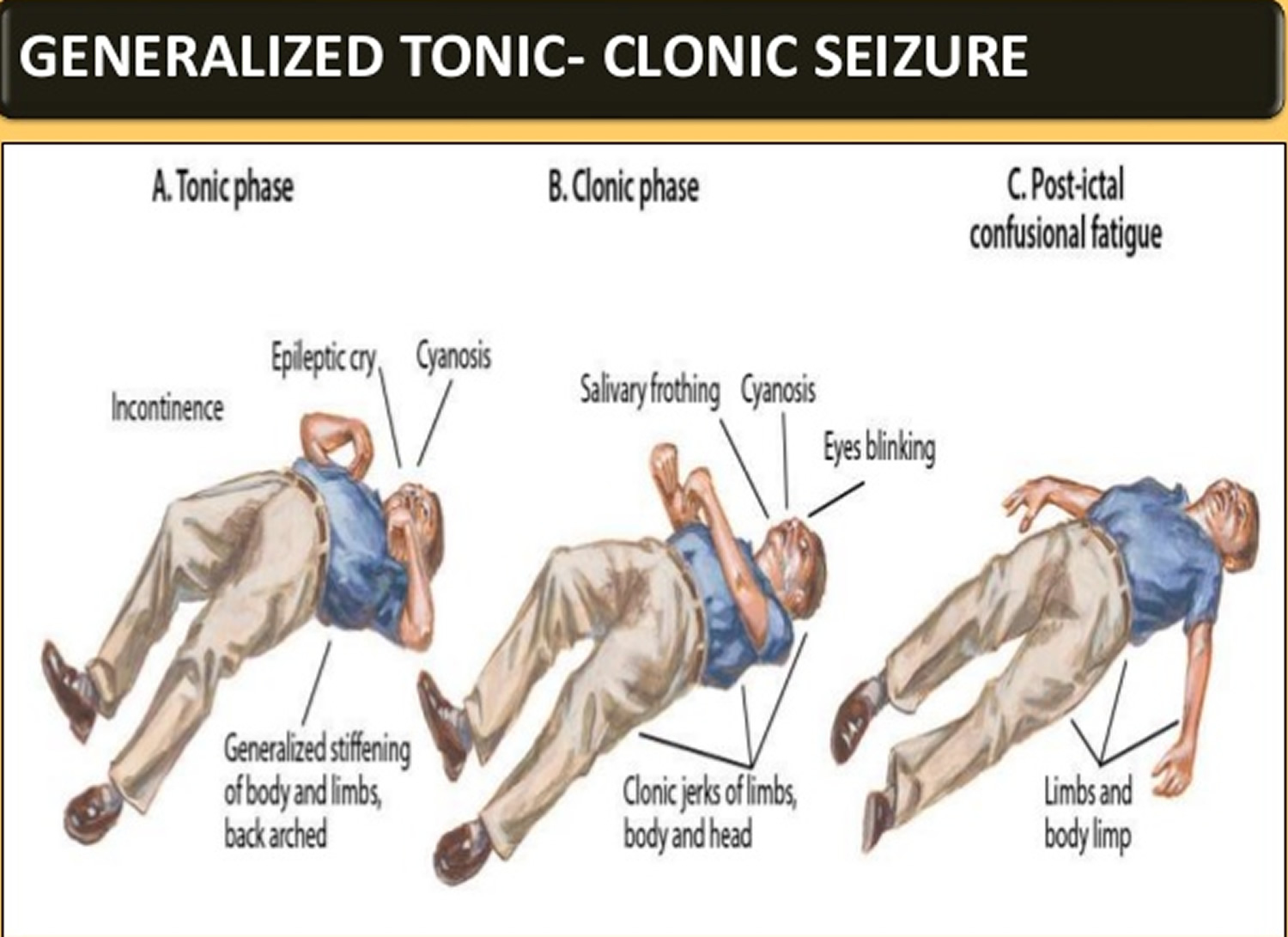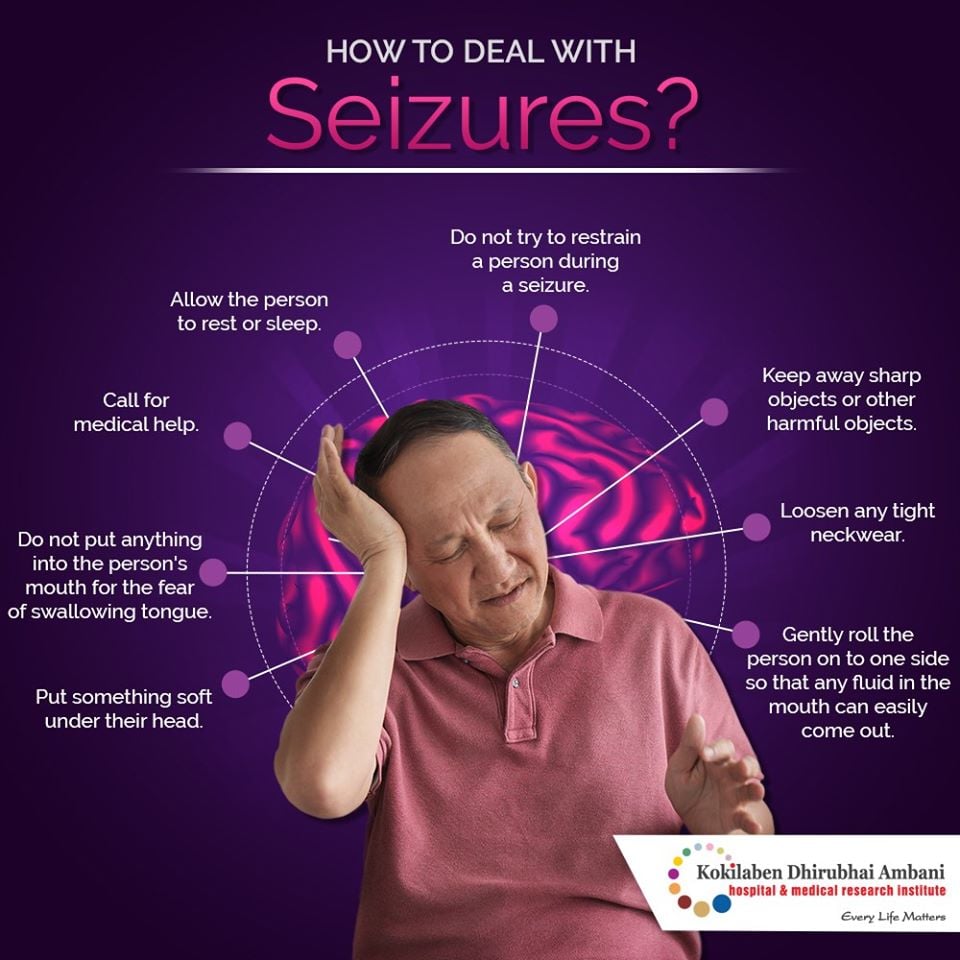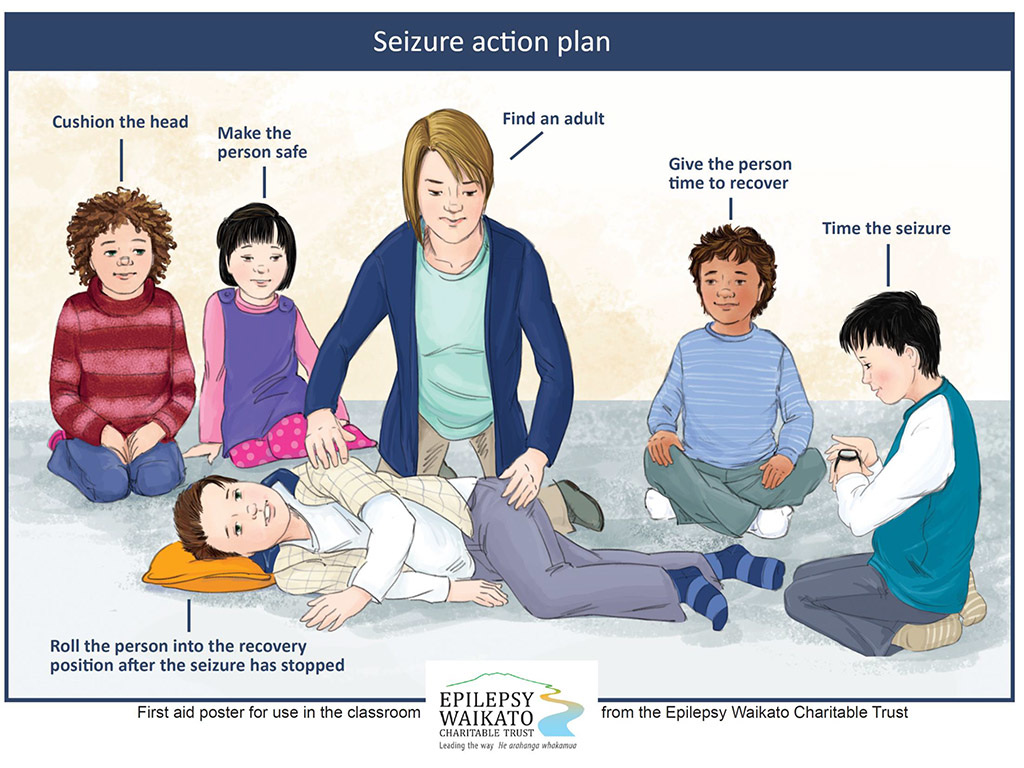Neat Info About How To Treat A Seizure
_Final_800.jpg?MOD=AJPERES&CVID=)
The person has difficulty breathing or waking after the seizure.
How to treat a seizure. The person has another seizure soon after the first one. Only call 911 if one or more of these are true: The seizure lasts longer than 5 minutes.
A procedure to put a small electrical device inside the body that can help control seizures Learn about its common, mild, and serious side effects and how to manage them. May be prescribed by the physician.
Antiseizure medications like valproic acid, carbamazepine, ethosuximide, etc. Many adults can stop taking medicines after two or more years without seizures. In that case, they may take a pill in hopes of stopping the seizure before it starts.
Treatment can help most people with epilepsy have fewer seizures, or stop having seizures completely. Learning how to reduce your risk for a seizure through lifestyle changes and learning your triggers can also help you to better manage your epilepsy. How can i or my loved one help improve care for people with epilepsy and seizures?
For most people, medicines are effective in managing seizures. Only move them if they're in danger, such as near a busy road or hot cooker This always involves a stay in the epilepsy monitoring unit to record seizures with simultaneous video and eeg.
First, we must find the seizure focus and make sure it can be safely removed. Seizures may occur due to. Discover first aid advice from st john ambulance about seizures in adults, babies and children, including the symptoms and treatment for seizures.
It can cause changes in behavior, movements, feelings and levels of consciousness. If you're with someone having a seizure: Home health a to z what to do if someone has a seizure (fit) if you see someone having a seizure or fit, there are some simple things you can do to help.
The person has never had a seizure before. For milder seizures, like a bit of staring or shaking arms or legs, guide the person away from hazards, including traffic, stairs, and water. Treatment of underlying medical conditions causing seizures is required.
Epilepsy occurs when you have recurrent seizures. Having two or more seizures at least 24 hours apart that don't. In this video, we'll cover the basics of epilepsy.
In some cases, a person may be able to tell a seizure is coming on. Discover resources that help you properly manage, track, and lessen the chance of a seizure. Your role in epilepsy treatment
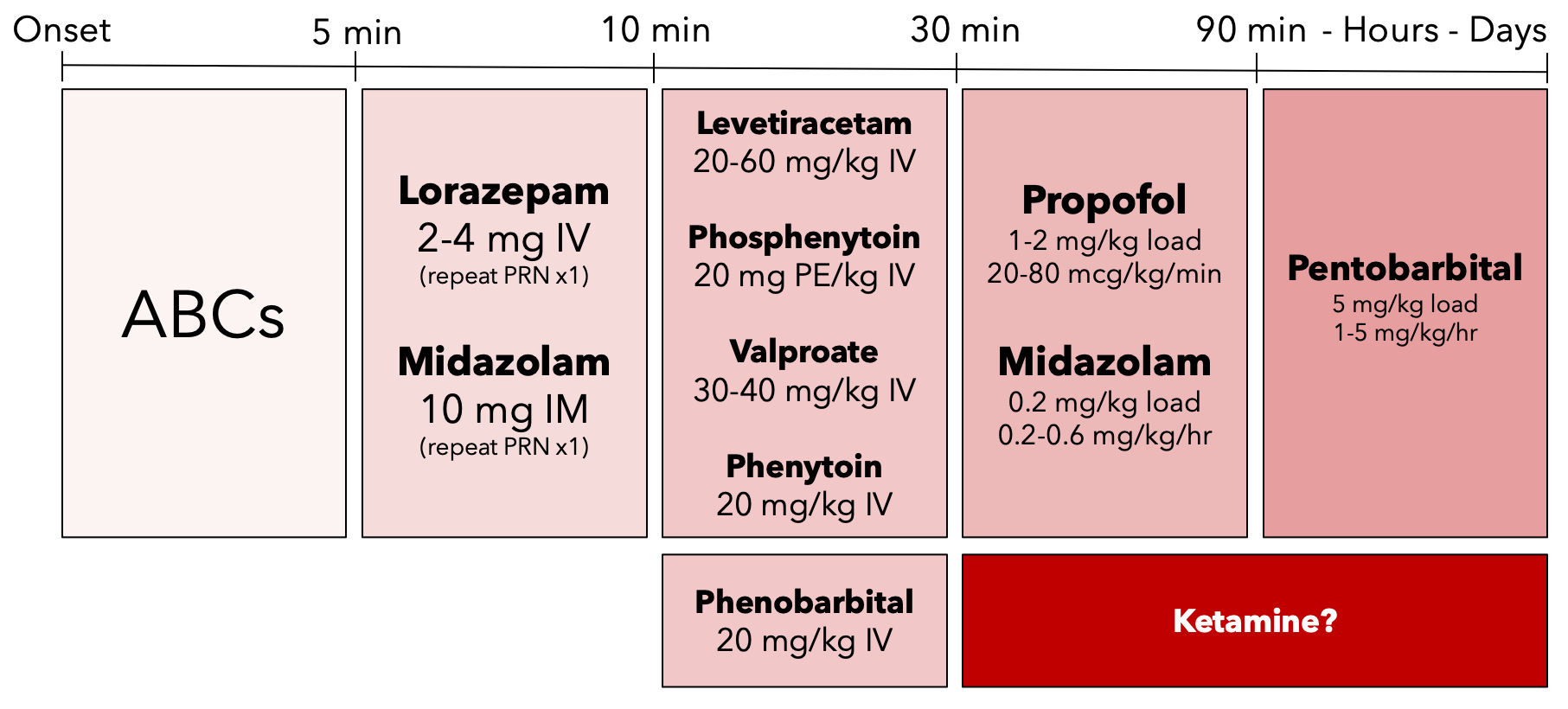








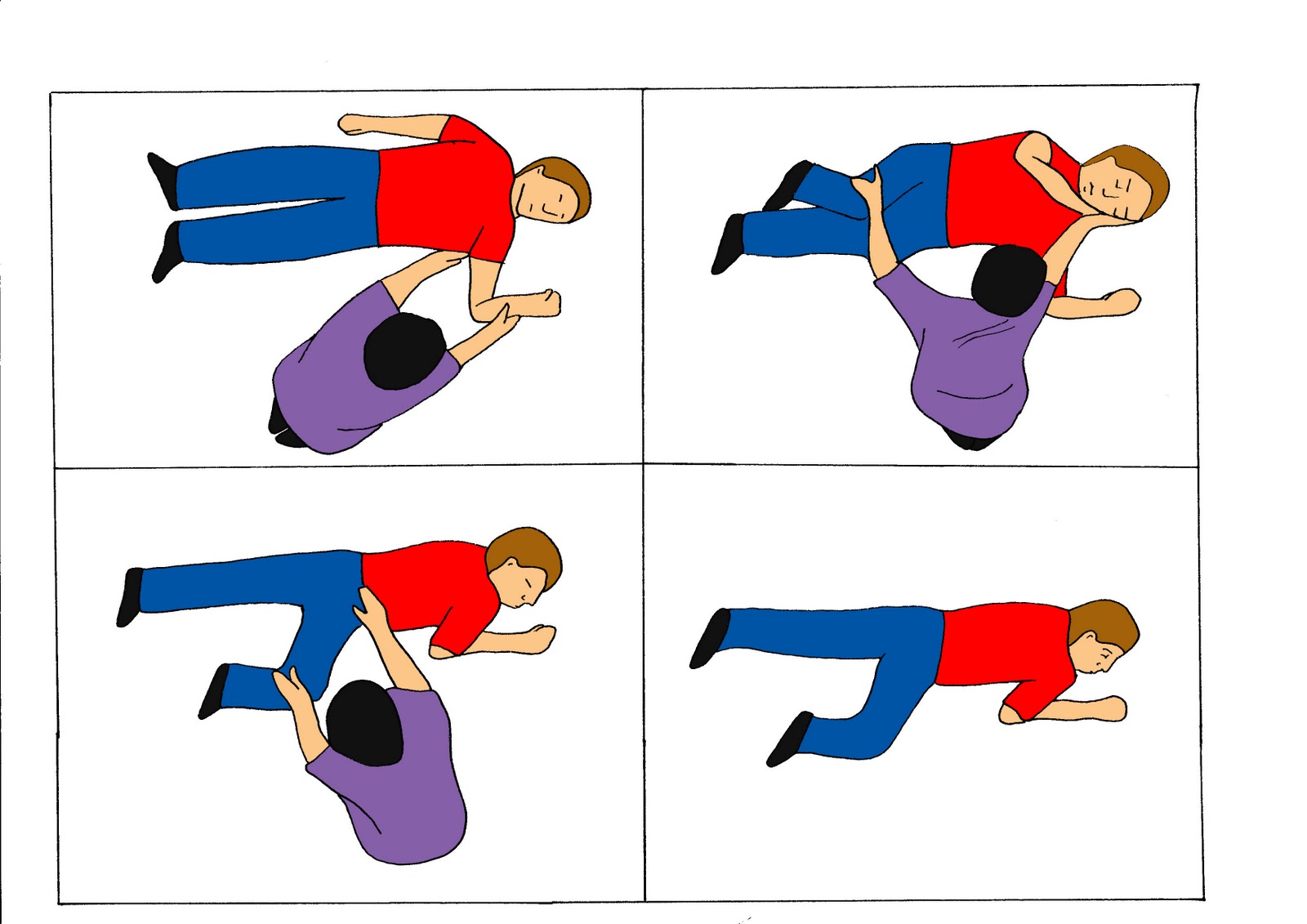



:max_bytes(150000):strip_icc()/first-aid-for-epilepsy-and-seizures-1204473-01-2b167a5e3e89421cbbf99886a807b0fd.png)


